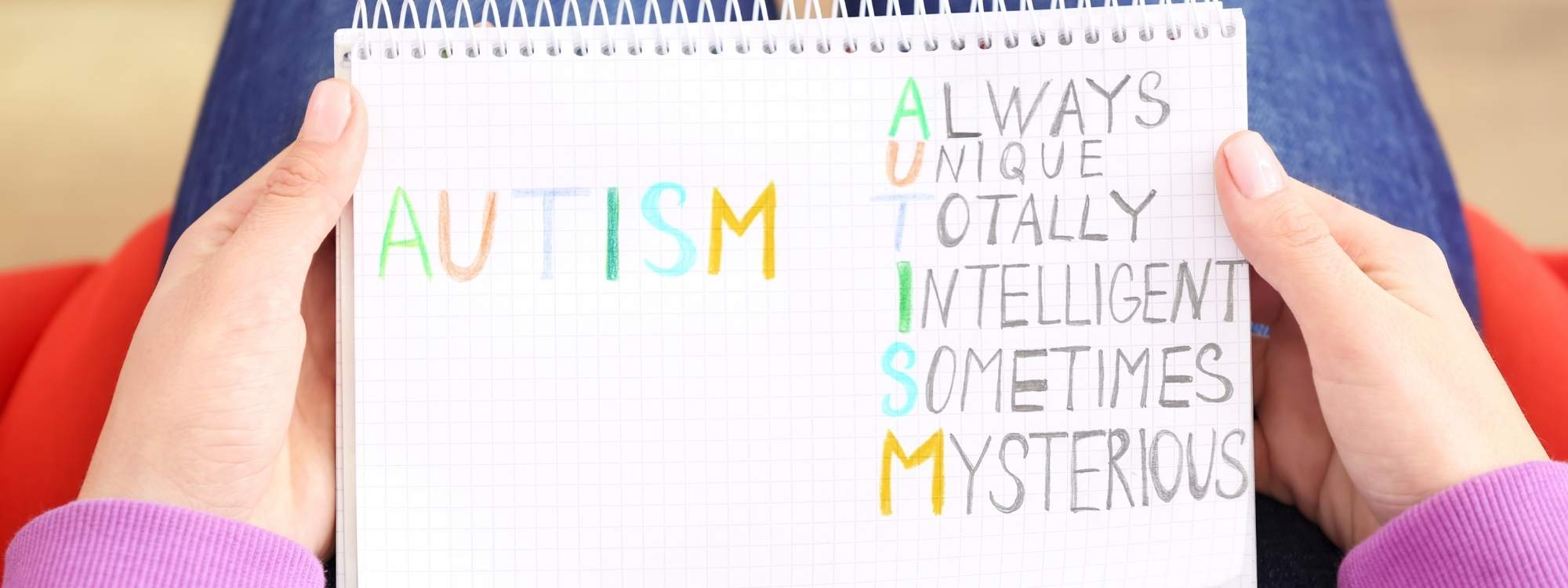Early Intervention ABA Therapy: A Proven Approach to Supporting Early Learning in Children with Autism
Early Intervention ABA therapy is the proven approach to supporting children with autism in early learning schools. Champions ABA offers autism early learning programs that meet the needs of each child with evidence-based methods such as Natural Environment Teaching (NET), Incidental Teaching, Pivotal Response Teaching (PRT), Discrete Trial Teaching (DTT). All programs are tailored to each child’s specific needs. These methods make sure children are building the important skills while having fun while learning in a positive, engaging way.
Applied Behavior Analysis (ABA) Therapy in Early Learning
A child’s first five years is a key period of rapid brain development where the brain grows 90% by the age of five. The CDC’s developmental milestones checklist is one of many tools that families can use to help track key skills that kids are expected to acquire from birth through age five, as a way of spotting potential delays early. If a child is showing developmental differences, ABA therapy can play a pivotal role in enhancing early learning and skill development.
Key Components of Champions ABA Early Learning Programs:
- Comprehensive Assessments: Through detailed, play based assessments we identify each child’s strengths and developmental needs. It helps create a personalized intervention plan.
- Individualized Treatment Plans: Board-certified behavior analysts (BCBAs) design custom plans focused on your child’s goals, promoting growth in areas such as communication, social interaction, and self-care.
- Environment-Based Learning: Skills are taught and reinforced in everyday environments, helping children generalize abilities across different settings, activities, and interactions.
- Task Analysis: By breaking down skills into manageable steps, we make learning achievable and rewarding. For example, teaching handwashing may start with turning on the faucet, followed by applying soap, scrubbing hands, and rinsing.
ABA Therapy Teaching Methods for Autism
Incidental Teaching
Incidental teaching can take many forms, limited only by your child’s imagination and their therapist’s creativity. In this approach, your child’s ABA therapist uses their preferences and interests to unlock teaching opportunities. The natural environment is a critical focus of incidental teaching, which takes place in real-life situations and settings.
Pivotal Response Teaching (PRT)
Pivotal Response Treatment is a play-based, natural approach to building positive skills in children with autism. Rather than targeting a specific behavior, such as sharing a toy, PRT focuses on broad, pivotal areas of behavior. This method helps with language development while also improving cognitive and social skills.
Discrete Trial Teaching (DTT)
Discrete Trial Training is a method often used to teach simpler or hands-on skills. During a session, your child’s therapist works 1-on-1 with them on a specific skill, using structured steps of instruction, response, and reinforcement to build understanding and mastery.
Natural Environment Teaching (NET)
NET integrates learning into a child’s daily routine, playtime, and social activities in an organic, child-led manner. By leveraging each child’s natural interests, this approach enhances motivation and engagement.
Building Essential Skills Through ABA Therapy
ABA therapy supports the development of self-care and life skills that are vital for independence and participation in early learning schools.
- Teaching Self-Care Skills: With task analysis we teach children a step by step process for things such as brushing teeth, washing hands, or dressing.
- Developing Life Skills: Children are then gradually introduced to group participation, project completion, and cleaning up play toys as they feel successful and capable at every step.
- Skill Acquisition and Generalization: Children learn to apply skills across various situations, such as asking a peer to share a toy during play.
- Enhanced Engagement: By tapping into a child’s interests, we ensure they remain motivated and invested in the learning process.
- Individualized Support: ABA teaching methods are adaptable to each child’s unique strengths, challenges, and goals.
Evidence-Based Early Learning Outcomes for Autism
Research shows that ABA therapy’s structured and personalized methods lead to positive outcomes for children with autism. At Champions ABA, our skilled therapists use ABA therapy approaches like NET and task analysis to ensure children achieve lasting success in early learning schools.
ABA therapy empowers children to build critical skills, fostering confidence and independence in a supportive, engaging environment. By incorporating these methods into early childhood education, we help children thrive and prepare for elementary school and beyond.
Ready to help enhance your child’s early learning? Find a Champions ABA Learning Center near you!
Champions ABA specializes in early intervention ABA therapy for young children with autism. Our RBTs undergo training to develop a curriculum designed for children aged 18 months to 5 years old. We offer expert in-home ABA therapy services in Connecticut, Colorado and Massachusetts.



